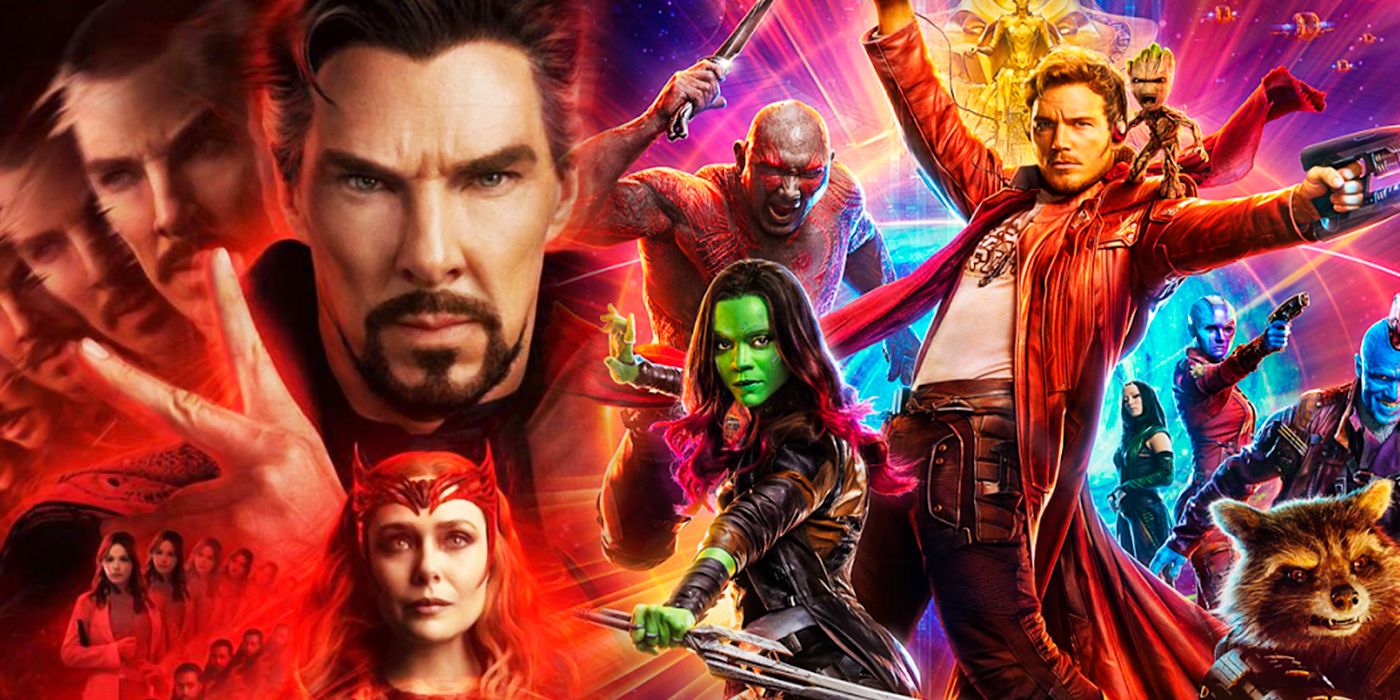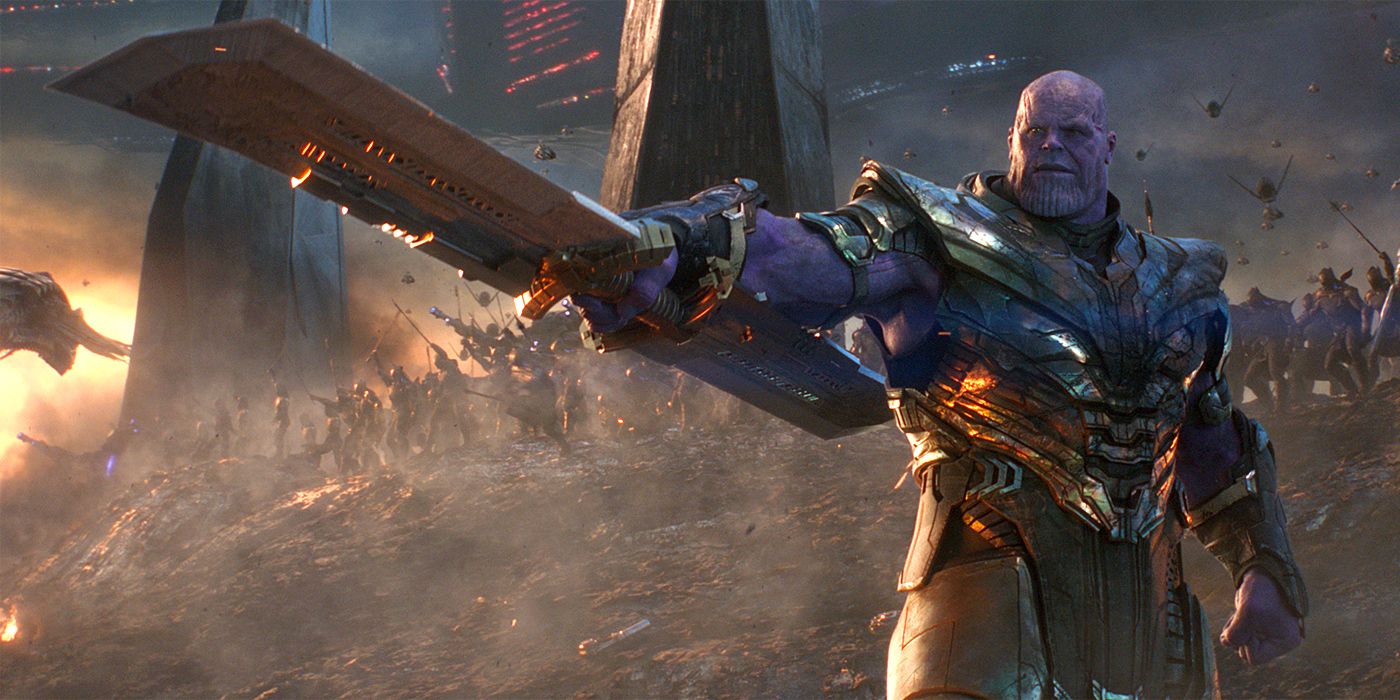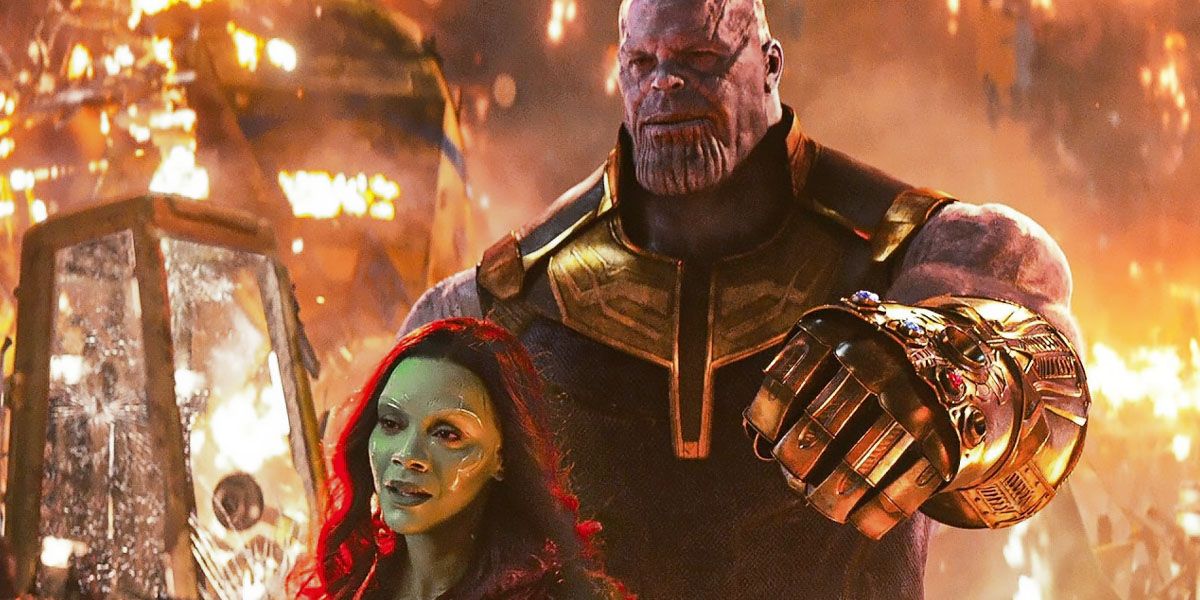The following contains spoilers for Doctor Strange in the Multiverse of Madness, now in theaters.
The multiverse has dominated Phase Four of the Marvel Cinematic Universe. Sylvie’s murder of He Who Remains in Loki Season 1 opened up Pandora’s box, which led to two movies, one animated streaming series and counting. And with Doctor Strange in the Multiverse of Madness revealing more possibilities, and the likes of Kang the Conqueror waiting in the wings, the threat doesn’t look to be going anywhere anytime soon.
In particular, the notion of incursions -- or one universe colliding into another -- carries increasing importance in the MCU. It served as the fulcrum for Spider-Man: No Way Home’s villain mashup and defined some of the cosmic danger in Multiverse of Madness. Incursions are invariably negative events, triggering chaos and destruction in their wake and possibly causing far more severe damage. However, with the last two movies each focused on the notion, it’s easy to overlook that the MCU has experienced an incursion before -- one that doesn’t bode well for Guardians of the Galaxy Vol 3.
The seeds of the multiverse first got planted in Avengers: Endgame as the heroes who survived plotted a time heist to undo Thanos' genocide. Bruce Banner explained the rules as they were preparing the tech -- in essence, changing the past couldn't alter the future but rather create a new timeline. That came to fruition first during the team’s journey back to the Battle of New York in 2012, which is where Loki altered the timeline by stealing the Tesseract and escaping, launching the events of Loki.
And yet, his wasn’t the only creation of a variant timeline in Endgame. Upon detecting the Avengers’ time heist, Thanos and his army traveled forward in time from 2014 to confront them, creating another branching reality and arriving in the immediate post-Snap MCU as variants. That seemingly became irrelevant when Tony Stark sacrificed himself to destroy them with the Infinity Gauntlet. The Time Variance Authority presumably reset the variant timeline the moment Thanos and his forces left the same way they did with Loki’s escape. That tidied up the loose ends and kept the TVA’s Sacred Timeline intact -- for the time being, at least.
Nevertheless, there was a survivor, and her continued existence constitutes an ongoing incursion into the Prime MCU (now formally identified as Earth-616). The variant Gamora, who arrived with Thanos, turned away from her father's cause and departed the scene. She remains at large, and the Guardians of the Galaxy presumably set out in search of her after the events of Endgame. She has replaced the Earth-616 Gamora, whom Thanos murdered to complete his quest for the Infinity Gauntlet. Yet, a variant she remains, and that spells trouble for both her and her friends.
Mister Fantastic laid out the problem of variants very eloquently in Multiverse of Madness. When two universes collide, either one or both could get destroyed. Doctor Strange and the variant Christine Palmer were sent to one such universe in Multiverse of Madness and saw the effects. No Way Home espoused similar dangers from the multiverse, such as the possibility of an infinite number of potential realities pouring into the breach. And all of that makes the variant Gamora’s continued presence on Earth-616 a serious threat.
How it plays out has yet to be seen, and the Guardians’ path passes through Thor: Love and Thunder, which means there may be a number of further developments before they get to Gamora. But owing to the nature of incursions as laid out so far -- and with Vol 3 presumably the last of the Guardians of the Galaxy series -- it doesn’t bode well. The Guardians and Peter Quill, in particular, may be eager to get Gamora back, but if past films are to be believed, their reunion may ultimately be a brief and tragic one.
To see why Gamora's ending may turn tragic, Doctor Strange in the Multiverse of Madness is currently playing in theaters.



